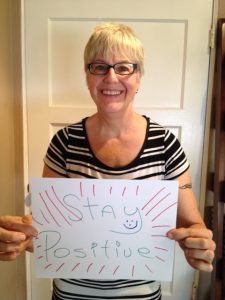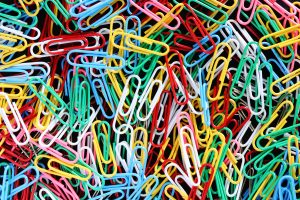
My most beloved friend, Byll, is over six feet tall. His petite wife stands almost five feet. Those of us who know him are never surprised when he shows up for a visit wearing a kilt. He has been known to shave his legs for a bike race. Sometimes he adds black nail polish to complete an outfit.
He is super smart. When he was a senior in high school, Harvard University wanted him. Instead, he chose to pursue his bachelor’s and Master of Fine Arts degrees at a Southern college. Long after graduation, he is continuously learning, devouring books, journals, and periodicals on various subjects.
My friend is not a fan of opinion. He is careful to weigh subject matter with great attention to detail. He seeks tangible evidence, fact, and public records to support his views on politics and social justice. He examines the world with an open mind and open heart. He ponders matters so deeply, he could have been Rodin’s model for The Thinker. And when disagreements arise, he remains even tempered, respectful, and kind.
He is patient, which is an important merit to have in our relationship, since he does not believe in God. I do believe in a benevolent, creative energy I call God. So there is an immense difference between us, one that could have ended our friendship before it began.
We may have different beliefs about God, but my friend Byll is a true superhero who respects me, regardless of how we differ. I respect him too. In fact, our discussions about God challenged me to question why I do believe in God and what I believe God is. Without being urged to examine the rote and often illogical answers programmed into me by my religious upbringing, I would not have come to appreciate God as I do. My atheist friend’s calm and peaceful conviction about what is true for him helped me grow the profound faith I have.
Have you ever discussed God with an atheist or scientist?
With respect as the foundation of our relationship, Byll and I seek to appreciate one another. We approach our friendship with the goal of benefiting from our often divergent beliefs. Both of us want to grasp each other’s perspective and engage in discussion about it. This is not easy, but it is rewarding and enlightening.
To understand one another, don’t we have the duty to stop ourselves from assuming our belief has to be what other people believe as well?
My atheist friend Byll is one of the kindest and most responsible people I know. He is a man of honor whose consistent behavior is admirable. I know from years of observing my friend that having a deep reverence for people, and all life, is not dependent upon a belief in God or devotion to the Bible or any religious identity.
My dear friend Byll does not believe in God, yet he walks in loving thoughtfulness, respect, and responsibility. I do believe in God and also work hard to treat everyone as I want to be treated. Neither of us is perfect. But striving to live as love in action is our shared goal.
When we label someone, our mind’s tendency is to immediately jump to judgment about the person. Persecution of someone prevents us from wanting to have any connection with them, as we have already made them less than, different, and “other” in our mind. Labels and the verdicts that result from them cause us to ignore the experiences and feelings of those we do not want to know.
One-dimensional labels do not mean anything to God.
Why do labels have any value to those who say they love God?
No matter the skin color, gender, or sexuality of our human body, the integrity of our soul matters most to God. Since soul is home to the honesty, empathy, and respect of our integrity, we can only love one another with soul.





